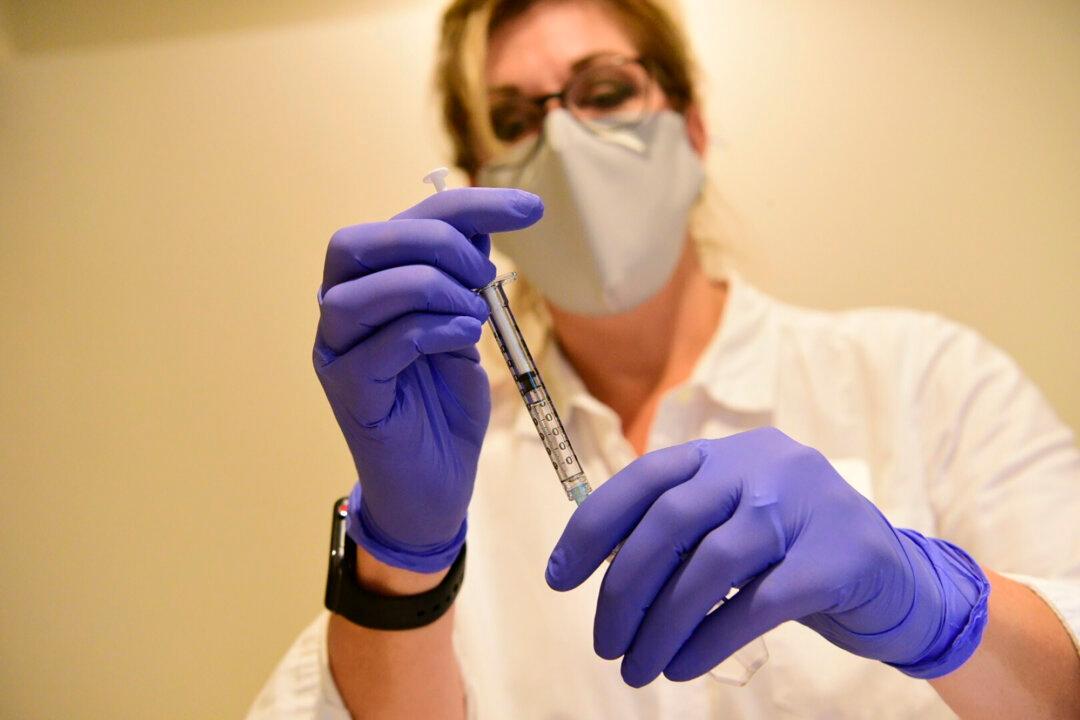A clinical trial showed that Johnson & Johnson’s COVID-19 vaccine is 66 percent effective at preventing moderate to severe disease, the company said Friday.
That level of protection came 28 days after vaccination, according to data from a global phase 3 trial. Onset of protection was observed as early as day 14.





